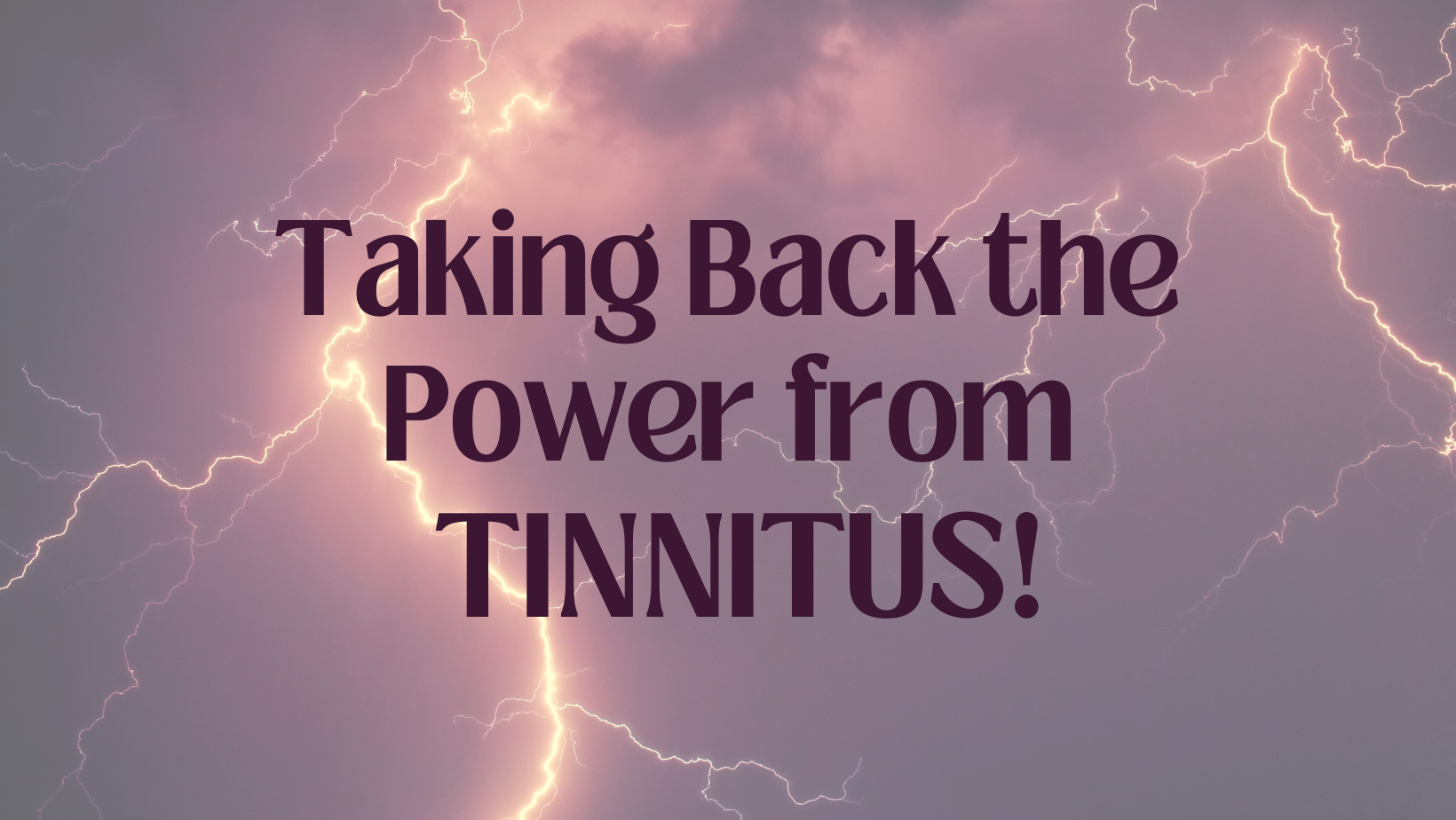This is Tinnitus Awareness Week…and let me tell you, those of us who have it are very aware of it!
It’s always there in some form. Soft or screaming, single note or techno-pop, screeching high or thumping low. Or all at once.
It follows you everywhere, this tinnitus, like a painful itch you can’t scratch, monopolizing your focus, diverting it from where you want it to be, which is anywhere but the inner noise.
You may try drumming your head with your fingers. You massage it. You swallow herbal remedies ‘guaranteed’ to erase it. You drink more wine than usual to dull the feeling. But it’s still there.
When your nerves become frayed and you’re exhausted from living inside your noisy head, it’s time to try something different. There are many emerging technologies, including apps, that can help you retrain your brain to reduce the power it holds over you. And there are personal practices that help you deal with it more effectively.
First, find an audiologist who has special interest in tinnitus treatments. Now that tinnitus has gained widespread, international attention, more hearing healthcare professionals are working with tinnitus clients. Who knew that so many of us suffer with this head noise? According to research in the journal JAMA Neurology, more than 749 million people worldwide!
I have a particularly nasty strain of tinnitus that reacts to noise, causing continual upticks, minute after minute, all day long, in thumps and roars, often accompanied by increased volume of sounds, both internal and external. My reactive tinnitus, somatosensory tinnitus and hyperacusis roll up into one big noisy head mess. My audiologist calls me “exotic”, which I’m not so sure is a good thing.
While we wait for the day when science delivers something that actually fixes our tinnitus, it helps to realize that the anxiety of tinnitus is far worse than the noise itself. I’ve learned to reduce the impact of my tinnitus on my health, even though it remains my constant companion. As my co-author Shari Eberts writes in her blog this week, by using mindfulness-based and other self-care techniques, I can change how I respond to my tinnitus. These behavioral and attitudinal changes help me reduce stress, a major contributor to tinnitus, and help me move my attention elsewhere.
Sleep, active exercise, healthy eating. Deep intentional breathing. Meditation and yoga. Learning to avoid tinnitus triggers: noise, salt, caffeine, stress, weather, fatigue? Research what other people are doing on social media tinnitus groups. While things that you ingest such as vitamin compounds or CBD oil will not help tinnitus per se, they may help you deal with it. Talk to your medical doctor if you need extra help.
But why not reframe your goals, making self-care and stress reduction your top priorities? Tinnitus is a brutal beast when we let it rage, and these practices can help you tame it. Good luck.






